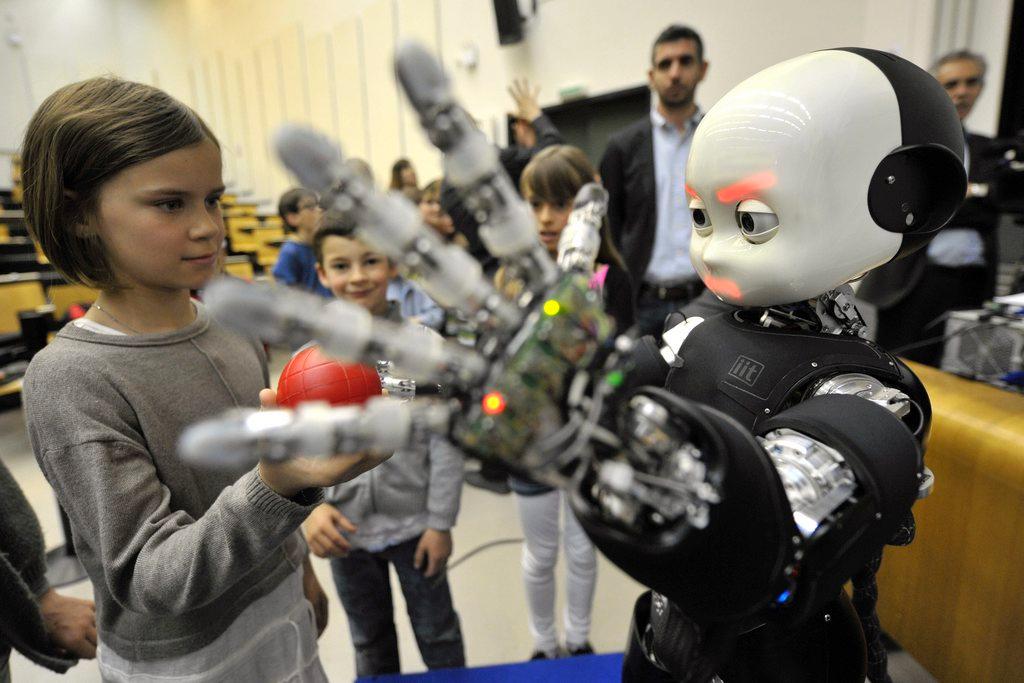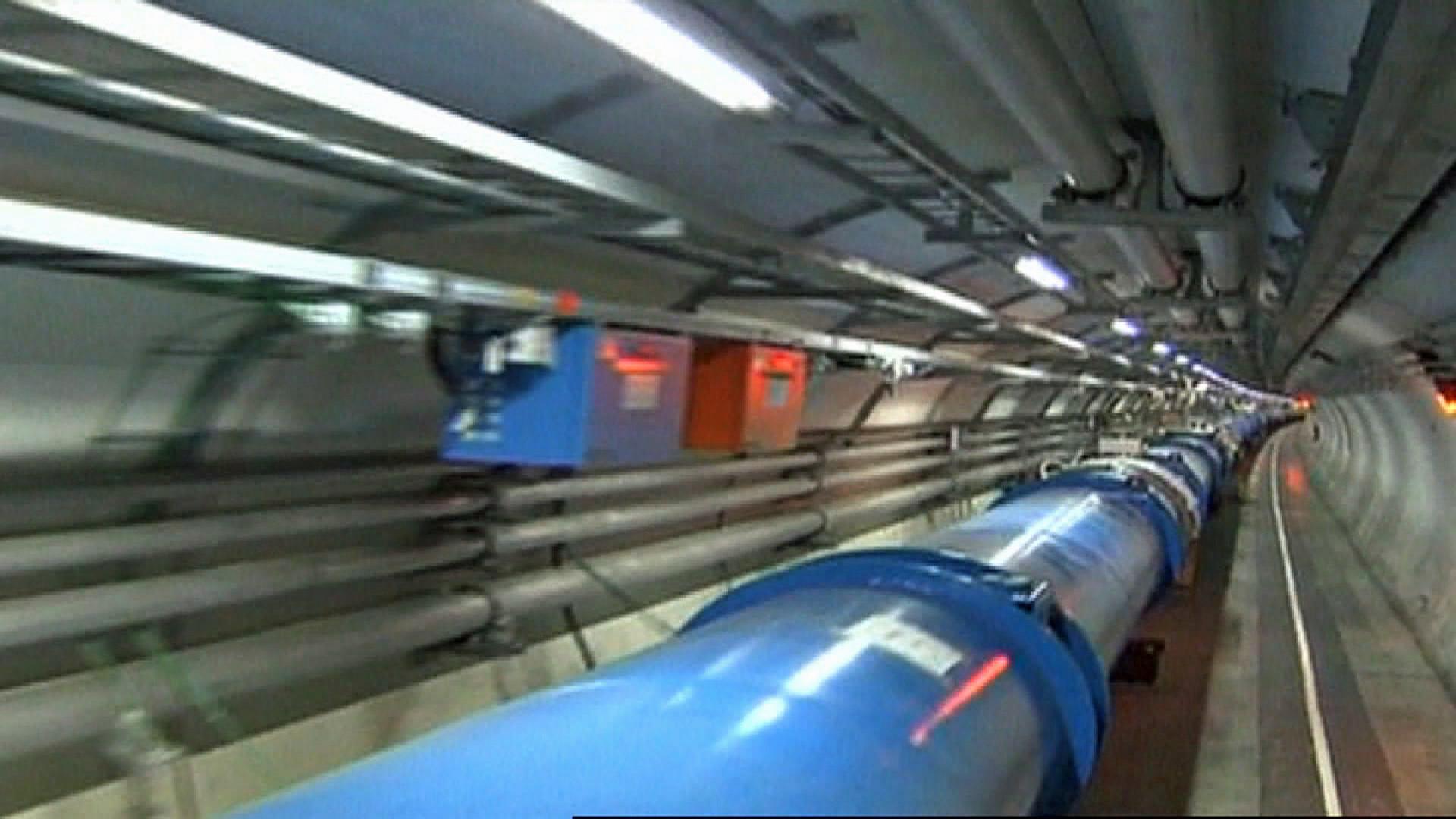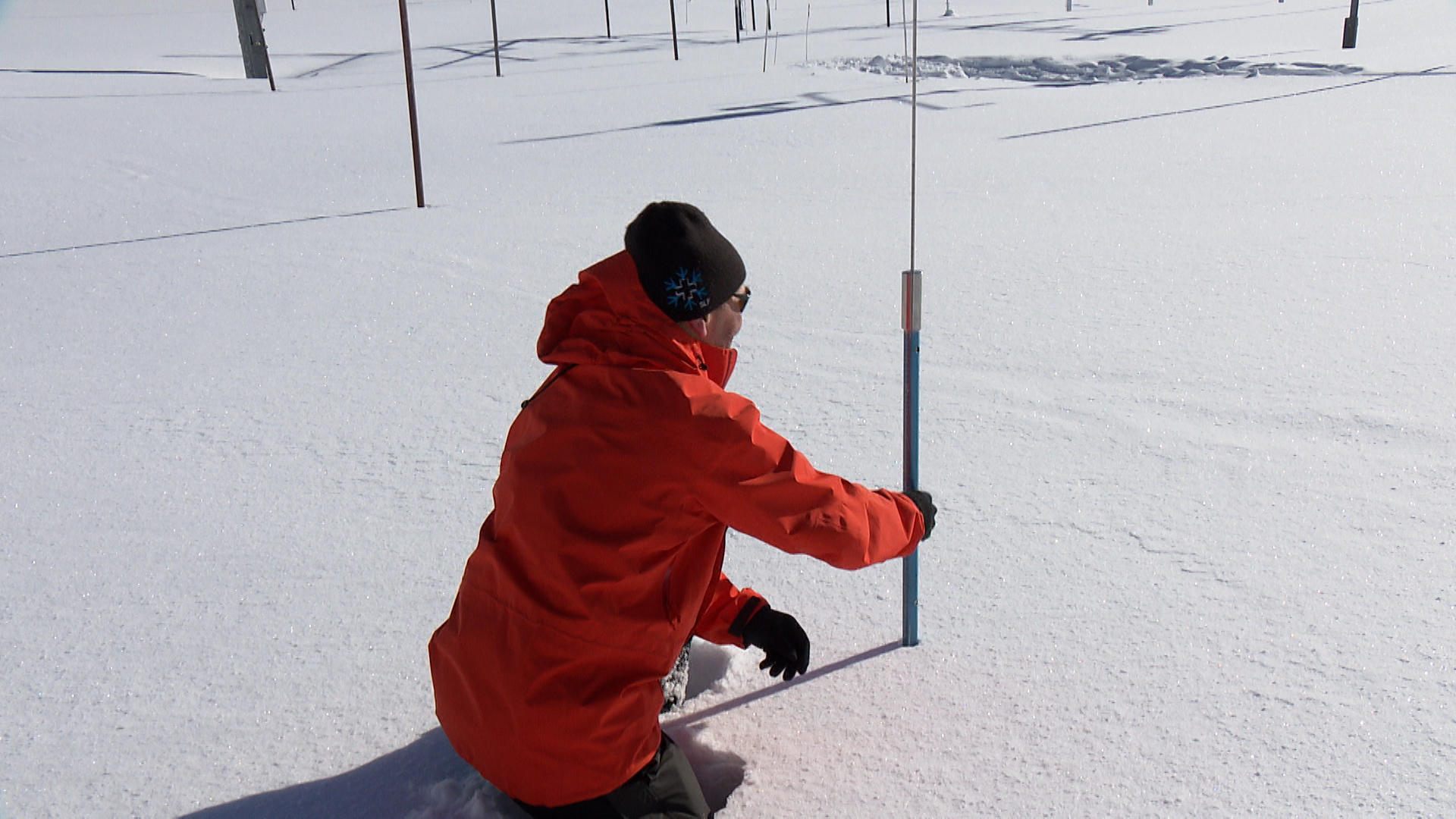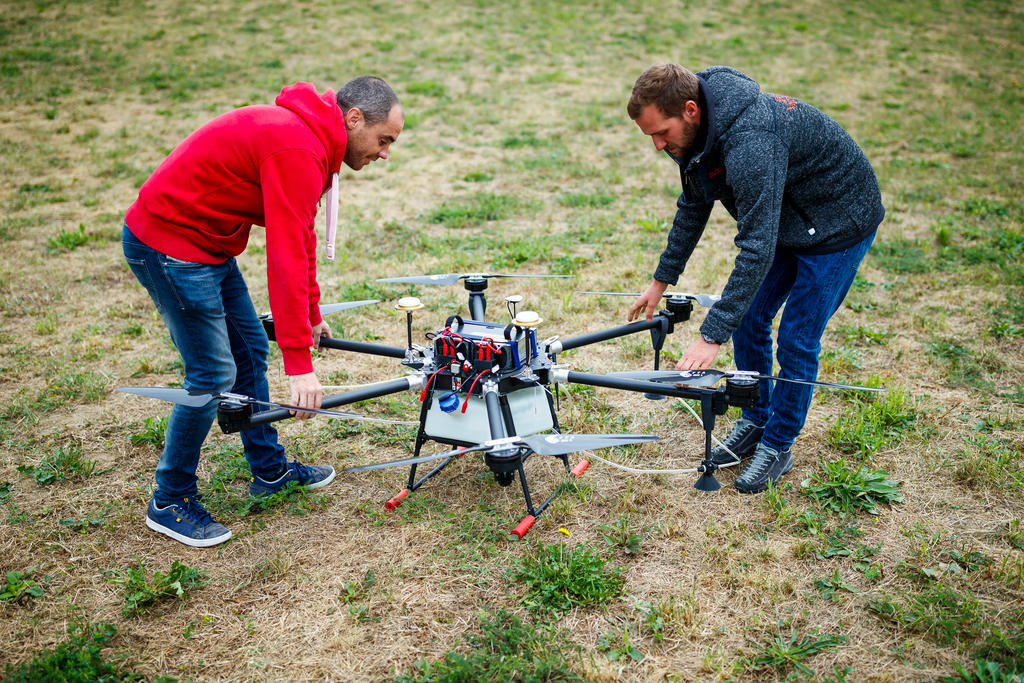Trends in research

With its 12 universities and two institutes of technology, Switzerland is at the forefront of research in many areas.
The federal government supports academic research through the Swiss National Science FoundationExternal link (SNSF). The SNSF funds research programmes and also draws up guidelines for long-term research policy.
NCCRs
The SNSF currently fosters long-term research projects using the mechanism of National Centres of Competence in ResearchExternal link (NCCR).
These centres undertake long-term research projects in areas of strategic importance for the development of science in Switzerland, for the economy of the country, and for Swiss society. Each NCCR has its headquarters at a university or other institution, the “leading house”, and includes a network of other researchers working throughout Switzerland.
NCCRs are expected to provide research of outstanding, internationally recognised quality, knowledge and technology transfer, training for young scientists and promotion of women researchers.
Launched in 2001, there are currently 21 NCCRs External linkin life sciences, environment and sustainability, technology, information and communication technology, and social sciences and humanities.

More
CERN turns 60
Established research institutes
Switzerland is home to a number of research institutions that are internationally renowned for their work. For example, the Paul Scherrer InstituteExternal link (PSI) in Aargau is one of Europe’s leading research institutes in the physical sciences.
The European Organization for Nuclear ResearchExternal link (CERN) near Geneva provides an opportunity for scientists to study the elementary particles which make up the universe. This is done by accelerating particles almost to the speed of light and making them collide. The particle accelerators are circular tunnels built underground.
The Large Hadron Collider (LHC), built in 2008, is part of a quest to explain how particles obtain their mass. One interesting aspect of CERN apart from its research: it was here that the World Wide Web was first developed as a means for scientists to communicate more easily with each other.
The European laboratory of IBMExternal link is in Rüschlikon near Zurich. The giant American company has maintained a research laboratory in Switzerland since 1956. The staff come from a number of countries.
As might be expected, Switzerland is also home to specialised research institutes focusing on mountain issues. One example is the Institute for Snow and Avalanche Research External link(SLF) in Davos. It is part of the Swiss Federal Institute for Forest, Snow and Landscape Research.External link Its scientists conduct research on snow, the atmosphere, avalanches and other natural hazards, permafrost and alpine ecological systems, and develop practical applications.
Swiss Houses
Switzerland has established a network of science consulates known as “Swiss Houses” or “swissnexExternal link” around the world to showcase Swiss research.
The first was set up in Boston in 2000, the second in San Francisco (2003), and the third in Singapore (closed at the end of 2015 having been set up in 2004); there are further swissnex locations in Shanghai, Bangalore and Rio de Janeiro. These institutes work to encourage not only education and research but also high-tech business. They organise university exchanges and cooperation, help academics from Swiss institutions to attend local education fairs, and hold exhibitions on aspects of science featuring Swiss research.

In compliance with the JTI standards
More: SWI swissinfo.ch certified by the Journalism Trust Initiative




You can find an overview of ongoing debates with our journalists here. Please join us!
If you want to start a conversation about a topic raised in this article or want to report factual errors, email us at english@swissinfo.ch.